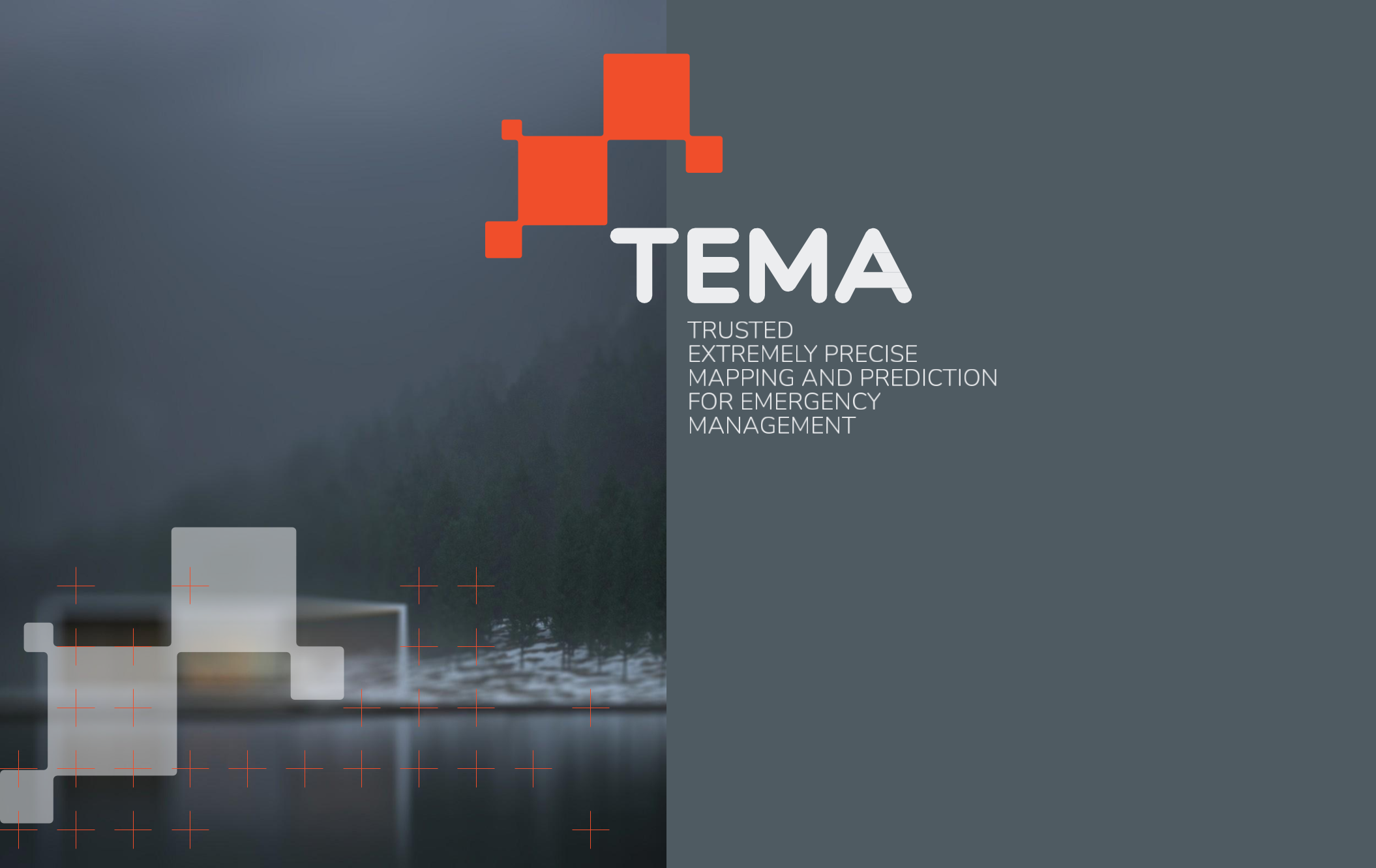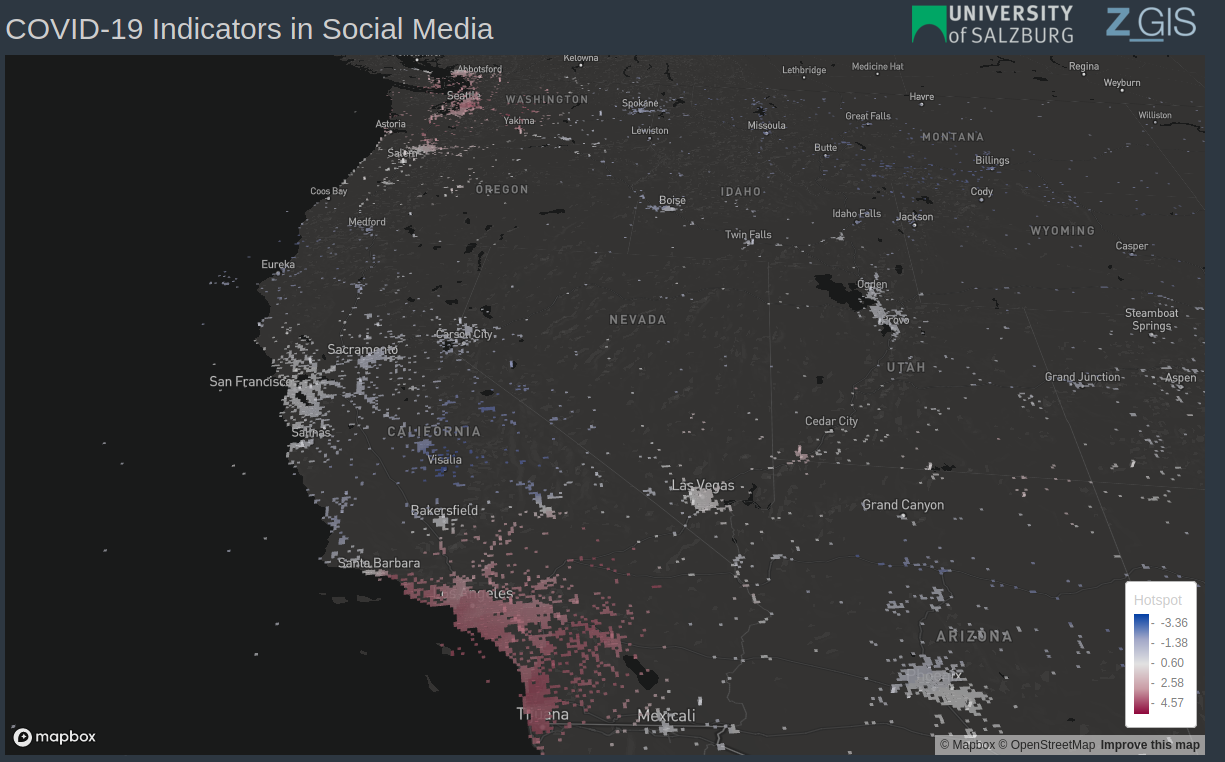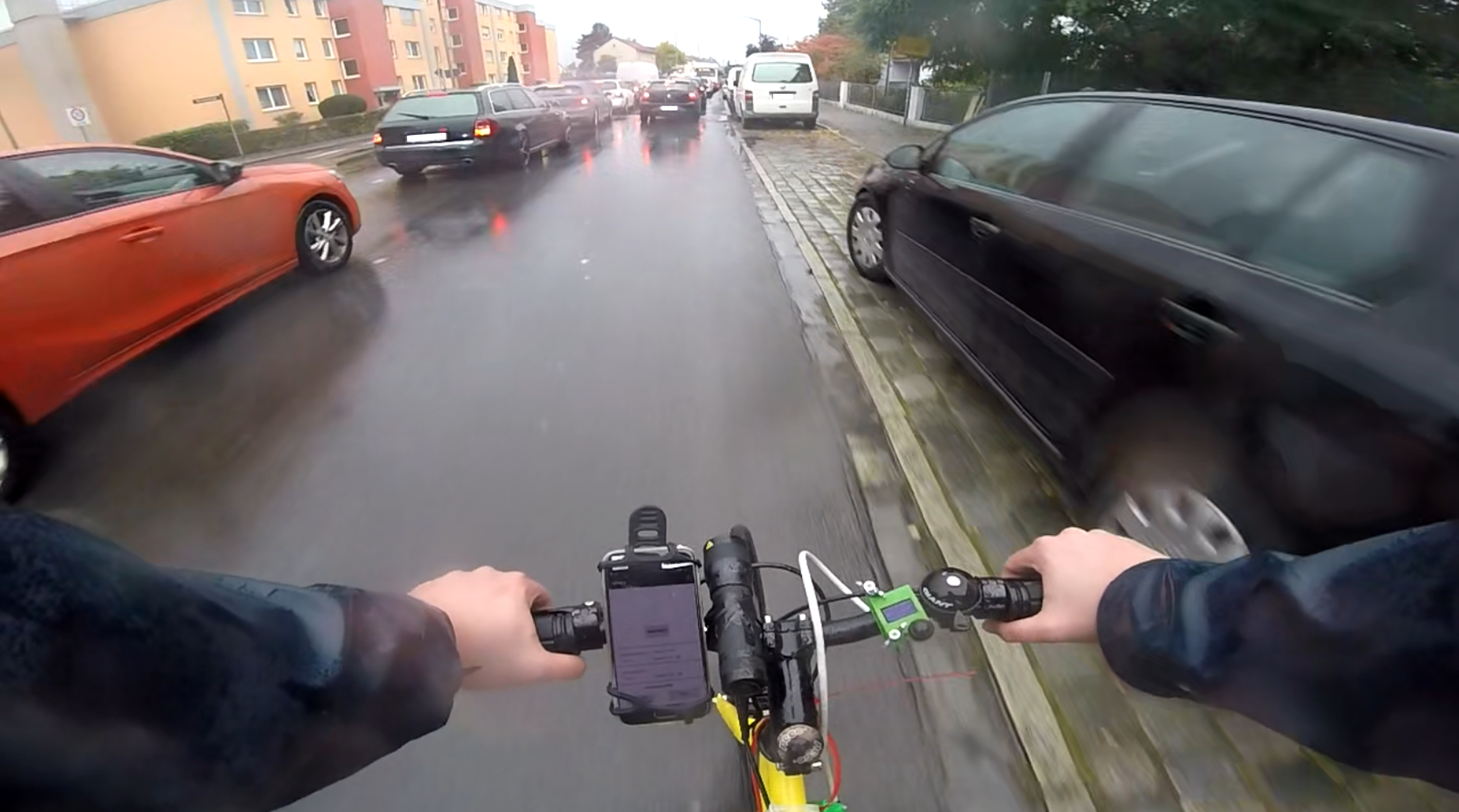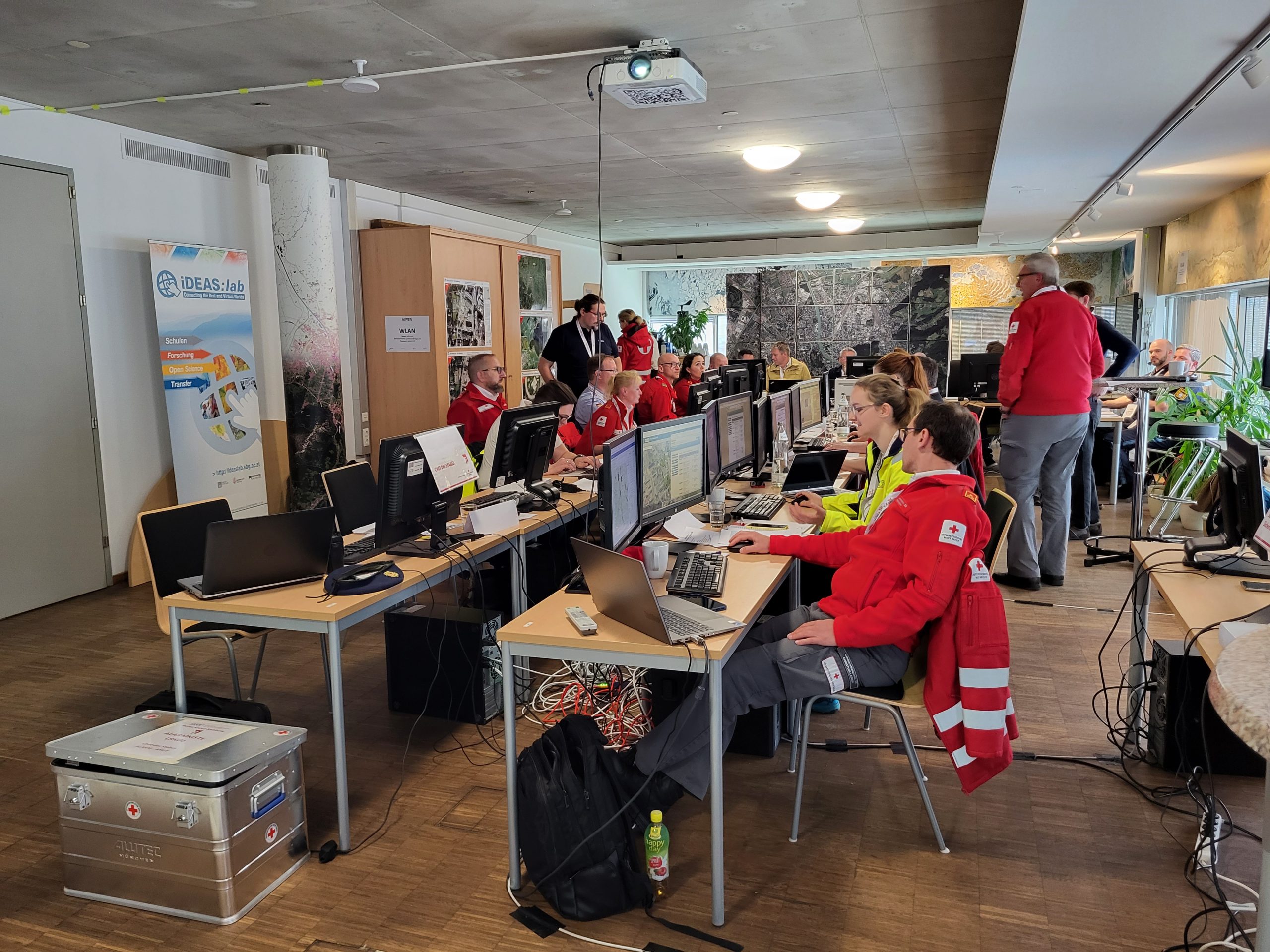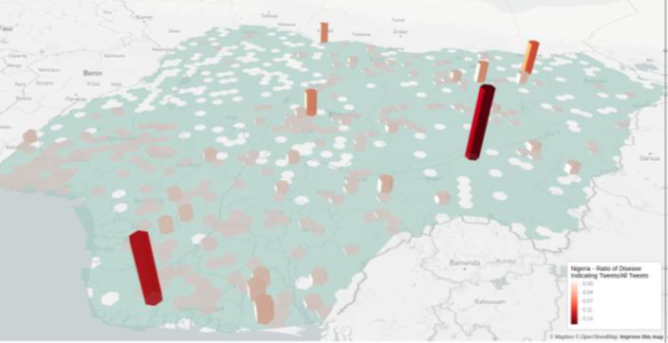TEMA
TEMA TEMA stands for „Trusted Extremely Precise Mapping and Prediction for Emergency Management”. It is a four year long project that was funded by the European Union through its Horizon Europe. The main objectives are improving disaster management by using new digital technologies, accelerating extreme data analytics and increasing its trustworthiness, and improving the [...]


